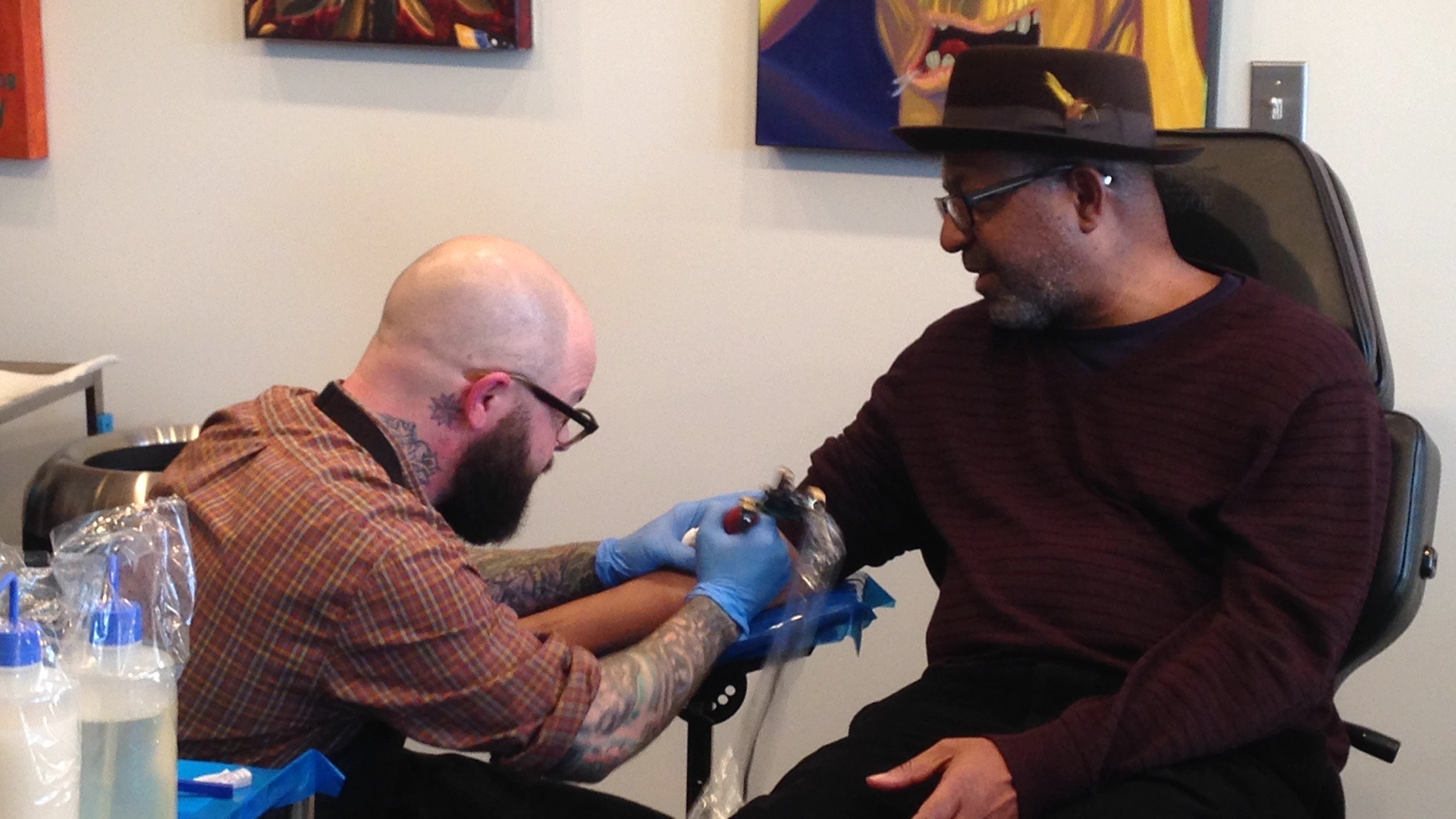Author: Mike Janssen
Mike has held the role of digital editor since 2014. Before becoming editor, he covered public radio and digital initiatives in public media for Current. Mike has also written for a variety of publications as a freelancer, was a Public Media Corps fellow, and has hosted talk and music shows on community radio stations in the Washington, D.C., area. In his spare time, he enjoys spending time with his family, playing banjo, cooking, and making coffee and cocktails.
BBC will add second hour of ‘Newshour’
The addition takes effect July 11.By Mike JanssenApril 21, 2016Survey finds ‘areas of sensitivity’ in foundation support for nonprofit news
Most newsrooms lack clear guidelines, and funders are upfront about agendas.By Mike JanssenApril 20, 2016Pubcasters receive Peabody Awards for radio, news and podcasts
NPR, PBS NewsHour and This American Life were among the winners.By Mike JanssenApril 19, 2016PBS board committee endorses tentative guidelines for new kids’ service
Board members also got an update on the success of PBS Passport.By Mike JanssenApril 6, 2016Collaborations between radio, TV expand coverage but have limits
National producers and networks are finding ways to work across media, despite challenges posed by technology.By Mike JanssenMarch 28, 2016NPR newscasts, sliced, diced and scrambled three ways
An engineer turned six years of newscasts into engaging art projects.By Mike JanssenMarch 11, 2016Station leaders share their pitches for members of Congress
Attendees at the APTS Public Media Summit gave a preview of their talking points.By Mike Janssen and Vinny TerlizziFebruary 25, 2016What happened to NPR Chicken?
A reader’s question prompted a follow-up investigation.By Mike JanssenFebruary 16, 2016Currently Curious: Why isn’t there more collaboration between TV and radio?
We take on a reader’s question: What’s getting in the way of more collaboration in the system?By Mike JanssenJanuary 13, 2016Our most-clicked posts of 2015
Podcasts, salaries and Sesame Street were among the hot topics.By Mike JanssenDecember 22, 2015Chicago’s WBEZ grows audience with expansion via Kankakee station
Kankakee Community College announced plans to sell the station in June.By Mike JanssenDecember 18, 2015Vote for your favorite Currently Curious question
Which reader-submitted question should we try to answer in our first attempt?By Mike JanssenDecember 7, 2015Chicago Public Media reportedly eyeing purchase of WKCC
Kankakee Community College announced in June that it would try to sell the station.By Mike JanssenDecember 1, 2015A host whose commitment to his station goes beyond skin deep
Thanks to a listener donation, Washington, D.C.’s Kojo Nnamdi got inked.By Mike JanssenNovember 24, 2015The top earners, plus salaries by region and licensee type
A few more ways of looking at the numbers.By Mike Janssen and Kelly MartinNovember 17, 2015









